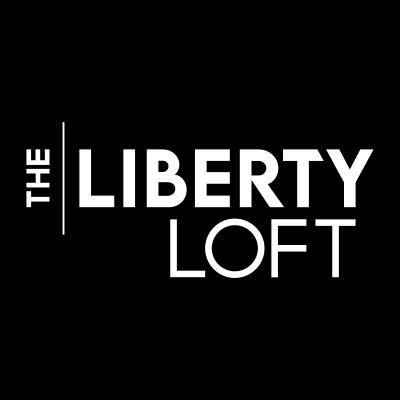



Under Joe Biden, the cost of groceries has exploded. Gasoline is sky high. Rents are surging and the cost of vehicles? Wow!
Actually, the inflation under Biden reached a peak of 9.1% just about a year ago, and although it has receded some since then, it still remains more than double the desired level, experts say.
Now it’s predicted to make the cost of gaining access to public records much more expensive – an expected hike of 23%.
That’s according to an analysis by the Colorado Freedom of Information Coalition.
In that state, the maximum hourly rate governments are allowed to charge for processing Open Records Act requests is regulated.
The maximum rate now is $33.58 per hour. But that is predicted to be $41.34 just a year from now, up 23%, because of inflation under Joe Biden.
The report cited the inflation that has been recorded in the Denver region, which last year flirted with the 10% level and even now is about 5%.
The report said, quoting Natalie Castle, of the Legislative Council’s research staff, “The $41.34 hourly rate assumes the Consumer Price Index for the Denver-Aurora-Lakewood area will rise 2.9% in the first half of 2024. The new rate will be less than $41.34 an hour if inflation is lower than 2.9 percent, but at least $40.18 unless a period of deflation occurs between now and next June.”
The law allows one free hour, so a project requiring 10 hours to process would surge from $302 to $372.
State law has the cost level adjusted every five years.
“But the current maximum rate is more than the mean hourly wage for paralegals in Colorado and more than some government employees are paid to process records requests, CFOIC’s 2020 report noted. And when governments multiply the rate by many hours, which happens frequently, ‘the result is the same problem HB 14-1193 sought to fix by capping the rate: unaffordable charges that stymie the public’s access to public information.’”
Many people soon could find obtaining the information that the public deserves to see “unaffordable.”
“The information gleaned for the public’s benefit through CORA requests comes with a price, too often, an unbearable one,” Aurora Sentinel editor Dave Perry said in a recent column.
His organization paid nearly $1,000 “for records needed to help shed light on a variety of issues the community has regularly deemed compelling.”

This article was originally published by the WND News Center.
This post originally appeared on WND News Center.
